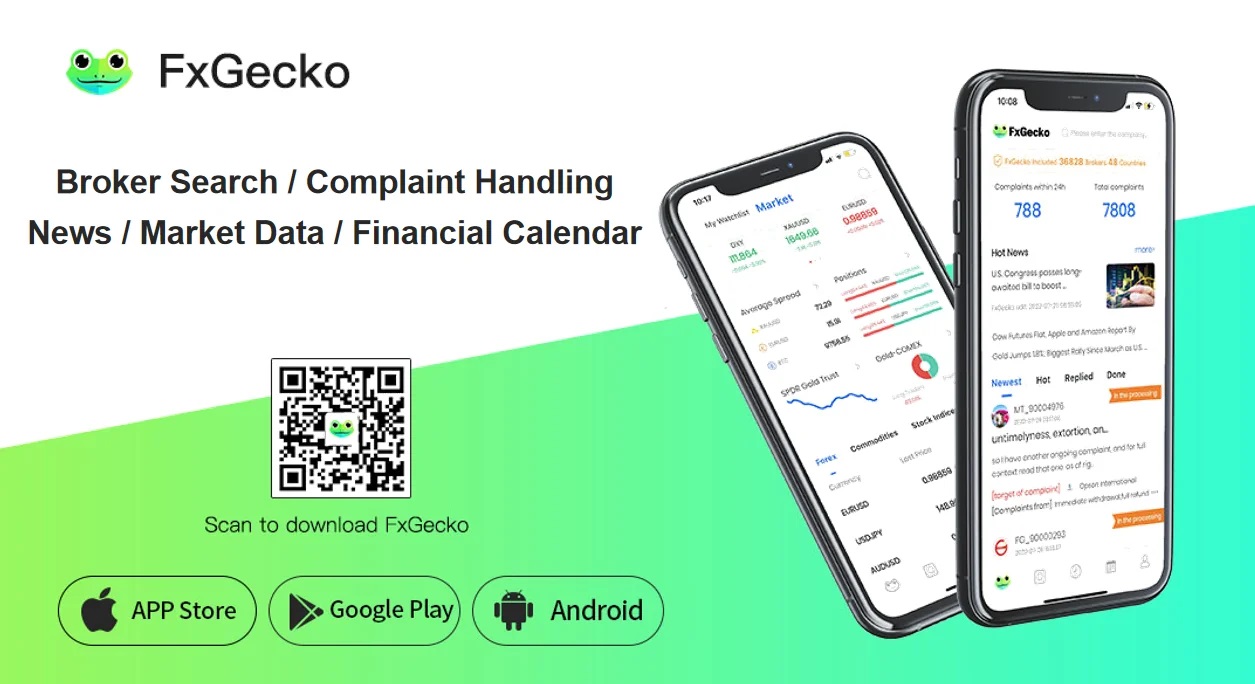If you have a product to sell, you need to ensure seamless payment. Otherwise, you risk never selling. That has become a simple rule, that every retailer should know.
In modern conditions, the key part of this axiom is ‘seamless payment’. Consumers today are no longer ready to only pay in cash, choosing instead a plethora of payment methods among cards, third-party payment tools, digital wallets, and even crypto-assets.
So, in order to keep up, you need to make in-person payments more attractive to your customers and more valuable for your business. And an efficient POS (point of sale system) can help retailers perform all the operations in a unified way and get more from your efforts.
What is POS (Point of Sale) System – A Detailed Overview
A point of sale is where customers make payments for the services/products at your store. In other words, this system is a combination of software and hardware that enable businesses to make sales and engage customers. It includes receipt printers, cash drawers, barcode scanners, card swipers, and other essential equipment. Moreover, the latest point of sale software development companies go beyond credit card processing and help businesses incorporate contactless payment options and eCommerce integration capabilities.
A point sale system has become essential for any business selling services and products. It helps retailers with data analysis and inventory tracking to identify their performance.
Types of POS
In the digital world, people want a fast, flexible, and instant payment experience, no matter whether they shop online or onsite. Technological advancement has enabled developers to create more sophisticated and efficient ways of making payments in online and onsite business markets.
POS system has several different types to help retailers choose the right one for their business.
- Desktop POS
The Desktop POS system runs on a desktop computer, laptop, or an app or browser. Retailers can connect this POS system with a barcode scanner, cash drawer, and card reader to make it a typical cash register.
Businesses with high traffic volumes, such as grocery stores, bookstores, restaurants, fashion stores, and salons, can rely on desktop POS systems to provide their customers with efficient digital payment.
- Mobile POS
For small businesses, the Mobile POS system offers impressive benefits. It has a mobile app that you can attach to a card swiper. A Mobile POS system is easy to operate as you need to turn on your retail POS and start selling. You can also attach the POS app with accessories, such as a barcode scanner r business needs.
Mobile POS is portable, enabling you to ring up your potential sales immediately. Small businesses, like street vendors, event vendors, and freelance workers, can benefit from a mobile POS system.
- Self-Service Kiosk POS
A self-service kiosk POS system is quite similar to a desktop POS. It enables customers to select and purchase products independently without employees’ assistance. The main objective of self-service kiosk POS is to make purchasing operations more efficient while saving the human resources and money of the retailers.
Movie theaters implement self-service POS to enable customers to purchase and schedule tickets without assistance from employees. This POS system is also commonly used in patient check-in, parking, and grocery stores.
- Cloud POS
This type of point-of-sale system is hosted on cloud networks. You can access cloud POS from any internet device connected to it. The main intention of cloud POS is to streamline your product distribution and increase market share.
Benefits of POS for Retailers
The trend of contactless payment is bombing the world. More than 80% of US consumers prefer contactless payment over traditional payment options. Moreover, the global contactless payment market is expected to reach $4.60 trillion in transaction value by 2027. Investing in an efficient POS system must be the top priority of a retailer as it provides an array of impressive benefits, such as:
- A Seamless Shopping Experience
You can bring a seamless shopping experience to your customers by integrating POS with loyalty programs and inventory management. You can check and update product availability status in real-time to avoid customers accidentally purchasing items that are out of stock.
- Detailed Sales Reports
POS systems can produce comprehensive sales reports automatically. It saves information about your sales status, inventory, and financial situation and gives you an overview of your business’ performance. It analyses your sales status and produces reports to help you take the necessary steps to boost your sales and increase revenue.
The sales reports help you identify which products from your inventory are more profitable. You can develop a sales strategy based on this information. You can also determine your customers’ needs and their buying behavior. It will help you implement effective business strategies tailored to your customers’ needs and improve customer experience.
- Improve Customer Experience
Your POS system automatically saves all the necessary information about your customers. You can use this information to identify potential buyers and target them accordingly. It helps you identify your customers’ interests so you can design promotions and offers tailored to your customers’ needs and interests. It will encourage your visitors to become your loyal buyers.
- Save Time
The inventory management feature of retail POS enables you to keep track of all the products without facing hassle. You can quickly check out information about the products in your inventory, reducing customer waiting time.
- Convenience
A POS system enables retailers to provide customers with convenient and reliable payment options. It helps retailers go ahead with a more streamlined experience for payment executions.
Factors to Consider when Buying a POS Software
Edvantis — a leading company that provides reliable POS software development services — suggests considering the following features when buying POS software for your business;
- Sales reporting
- Inventory management
- Employee management
- Customer management
- API-based third-party integrations
- Multi-location inventory management
- Advanced retail reporting and analytics
- Contactless payment options
Conclusion
Whether you operate a chain of stores or a small business, investing in a POS system can provide you with all the benefits you need to grow faster and improve the digital payment experience for your customers. An efficient POS enables you to manage your inventory, get sales reports, and implement effective strategies to reach higher levels. You can rely on Edvantis for reliable and high-performing POS software development services.








Add Comment